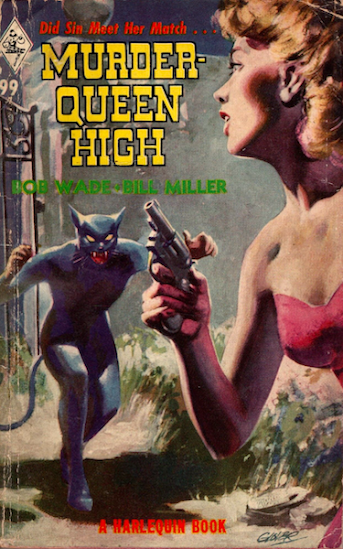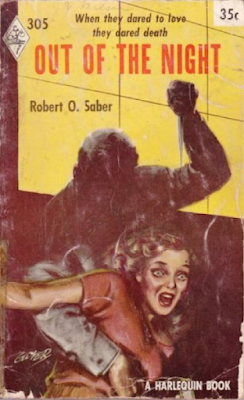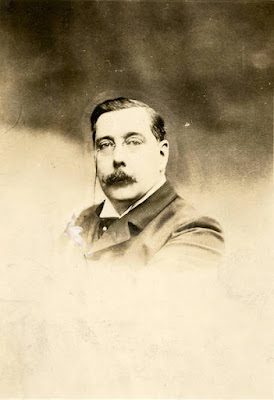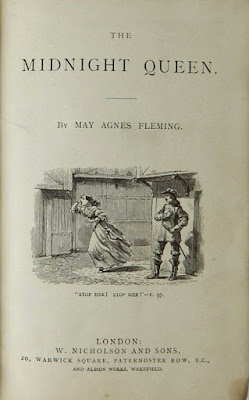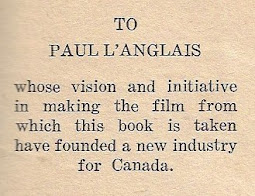When I got into Regina Trench, I found that it was impossible to pass along it, as one sank down so deeply into the heavy mud. I had brought a little sketch with me of the trenches, which showed the shell hole where it was supposed that the body had been buried. The previous night a cross had been placed there by a corporal of the battalion before it left the front line. No one I spoke to, however, could tell me the exact map location of the place where it stood. I looked over the trenches, and on all sides spread a waste of brown mud, made more desolate by the morning mist which clung over everything. I was determined, however, not to be baffled in my search, and told the runner who was with me that, if I stayed there six months, I was not going to leave till I had found that grave. We walked back along the communication trench and turned into one on the right, peering over the top every now and then to see if we could recognize anything corresponding to the marks on our map. Suddenly the runner, who was looking over the top, pointed far away to a lonely white cross that stood at a point where the ground sloped down through the mist towards Regina Trench. At once we climbed out of the trench and made our way over the slippery ground and past the deep shell holes to where the white cross stood out in the solitude. We passed many bodies which were still unburied, and here and there were bits of accoutrement which had been lost during the advance. When we came up to the cross I read my son's name upon it, and knew that I had reached the object I had in view. As the corporal who had placed the cross there had not been quite sure that it was actually on the place of burial, I got the runner to dig the ground in front of it. He did so, but we discovered nothing but a large piece of a shell. Then I got him to try in another place, and still we could find nothing. I tried once again, and after he had dug a little while he came upon something white. It was my son's left hand, with his signet ring upon it. They had removed his identification disc, revolver and pocket-book, so the signet ring was the only thing which could have led to his identification. It was really quite miraculous that we should have made the discovery. The mist was lifting now, and the sun to the East was beginning to light up the ground. We heard the crack of bullets, for the Germans were sniping us. I made the runner go down into a shell hole, while I read the burial service, and then took off the ring.
 |
| Henry Hutton Scott April 6, 1890, Drummond, Quebec, Canada - October 21, 1916, Picardy, France RIP |
.jpg)














